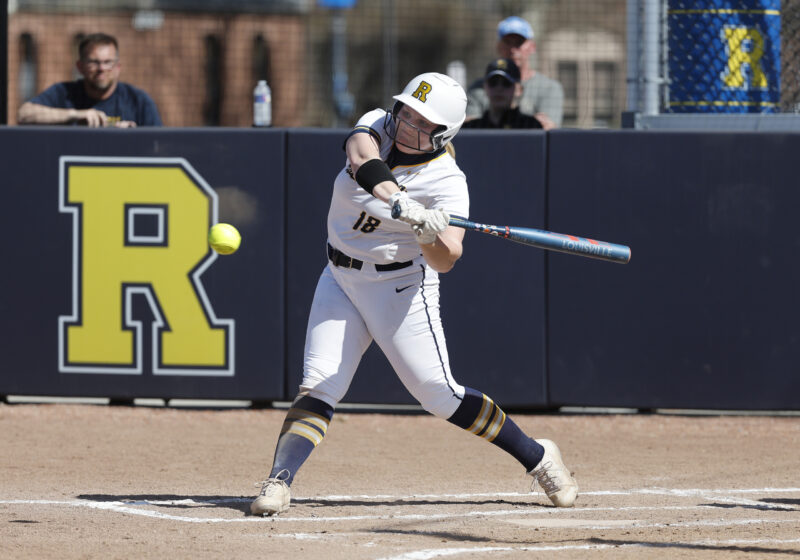This week, Men’s football lost their first game of the season to Case Western, 38–10, in its first game under new head coach Chad Martinovich. I sat down with Martinovich, the former head coach of MIT, before the game.
How did you first get interested in football? Why did you go from there to coaching?
Well my father was a high school teacher and coach, so as soon as I was old enough to walk, I was on the sideline because he was coaching football. So I was around it from the get-go. I played in high school. I played in college.
But after my senior year of football in college, I realized I didn’t want to give up the game. I wasn’t good enough to play on Sundays, so I went up to my college head coach and said, “I think I want to get into coaching.”
He proceeded to call everyone he knew in the profession and found me my first opportunity at Bucknell University. 25 years later, here I am.
What attracted you to UR from MIT?
There are really two major driving factors in me accepting this position. The first one is family. I’m a very family-oriented person, and when looking at this position, it was a good move for my family to be able to live closer to campus. At MIT, we were living in [a town 20 miles away], with that commute. Now that I’m not spending as much time in the car, I’m actually seeing my kids a little bit more. My wife is working here at UR. So it was a good family move.
From a coaching standpoint, and from a football standpoint, having played and coached in the Liberty League in prior years, we always looked at this program as a sleeping giant. With the academic reputation that UR has, you know you can attract the best and brightest student-athletes from around the country, not just in a four-hour radius of this campus, but really throughout the country, and build something very special. Ultimately, they made me an offer I couldn’t refuse, and here I am.
How do help student balance academics and athletics?
I’ve had a lot of experience doing that, coming from where I’m coming from. It’s a challenge at any school to be a student-athlete, but the beauty of being a Division III student-athlete is that you really are a student-athlete, with the stress on student. I’m never going to ask our players to sacrifice anything academically for football. What we ask is that football is their next priority after after their academic endeavors and whatever they want to pursue from a major standpoint, from a research standpoint, or from an internship standpoint.
The best and most successful programs I’ve been a part of have also been very successful in the classroom and have high team GPAs. If you’re not stressing over what’s going on in the classroom, you’re not bringing that onto the field and you can totally focus on what you’re doing on the field. The two go hand and hand.
Coming from MIT, what has the transition been like, changing players, assistants, facilities, etc?
It’s challenging. I can draw on a lot of the things that I went through at MIT. I developed a blueprint there that I can put in place here with some tweaks and changes. The first year is an evaluation year to see what I can change right now, what I can change down the road, and what isn’t going to be changed that I need to adapt to. It’s a process.
Fortunately, I was able to bring in a great coaching staff of guys I’ve either worked with at a prior stop or worked for friends of mine. We share a common vision of what we want this program to be down the road, and they’re helping accelerate the process. We’re trying to get these kids better on a daily basis in every area of their life, not just as football players, but also making them better people as students and socially and we want them to be well-rounded individuals and be better for being a part of our program.
What excites you about this group of players?
Their work ethic and their enthusiasm and intensity. They want to do everything we ask them to do, and without reservation, they do it. They’re very coachable, and they’re hungry to get better. That’s the best thing you can ask for as a coach.
What are your expectations for this season?
I want to see us playing our best football at the end of the season, and I want to see improvement every week, even every practice. I’m not putting a number on wins. We want to win every game, but if I see the improvement, I’ll consider it a successful season, and I think the kids will feel that too.
What did you learn from your time at MIT and being a coach in the past that you’re going to bring here?
I learned that you can balance football and academics at a high-level academic institution and be successful. I think we proved that at MIT. I think we have a plan in place to do the same thing here. I also learned how to recruit at that kind of school and bring in kids that are Rochester student-athletes that will thrive here academically and help us win football games.





